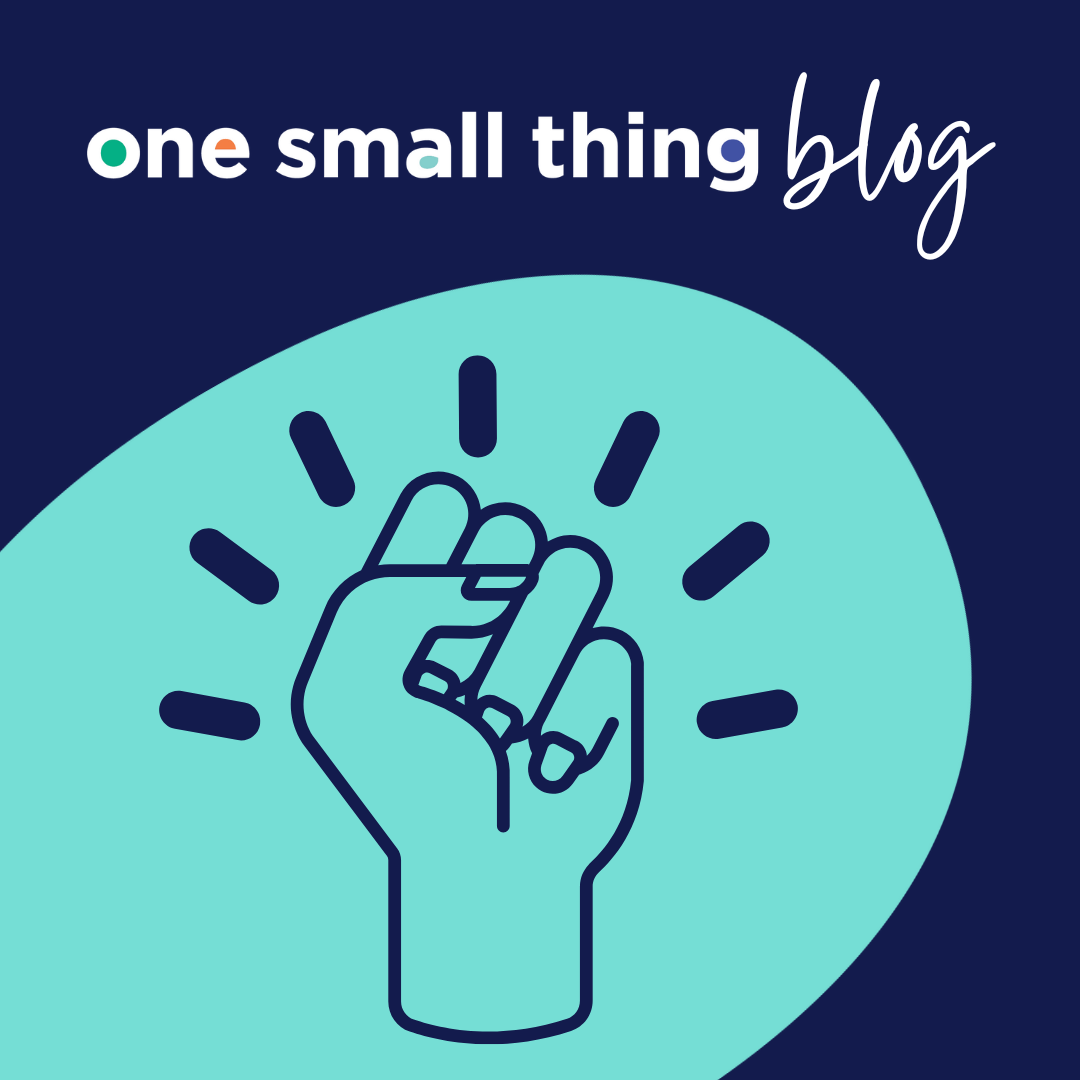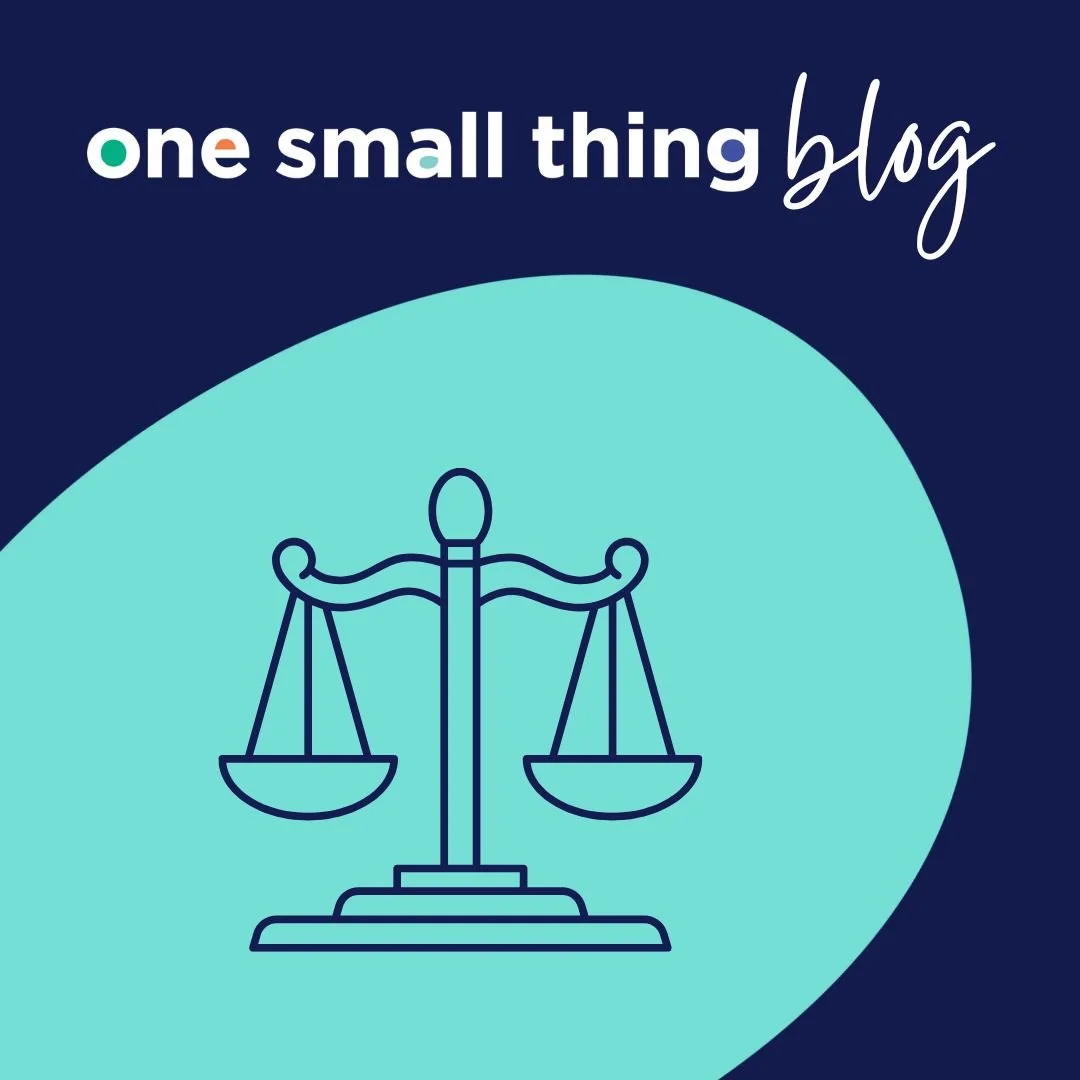Women’s Experiences of Release from Prison
Lilly Lewis, Women’s Involvement Advisor, One Small Thing
In her next blog, Lilly discusses resettlement from prison – exploring the challenges women face when leaving custody, to what needs to change to support women to thrive in the community. In this blog, Lilly also shares some of the voices of women she spoke to in a recent focus group in prison, highlighting their thoughts on what makes them feel prepared for release.
From my experience, the most important things women need when leaving prison are stable housing and support from family or friends if possible. A job or access to education helps build purpose and independence. It really helps to have support from other women who’ve been through the system and understand the challenges. Probation Officers who listen and care make a big difference. Fast referrals for substance use support are vital, and being able to see a GP quickly matters too, for both mental and physical health. Without these things, it’s easy to feel lost and like the system is set up to see you fail – a lack of support could even contribute to someone being recalled.
In a focus group I facilitated recently inside prison, the women spoke honestly about their feelings of moving into more open conditions as they progress through their custodial sentence. They shared their feelings of being left behind. They said prison was still using COVID as a reason for limited movement, fewer visits, and delays in healthcare. One woman said, “It feels like the world has moved on, but we’re still stuck in lockdown.” Many felt nervous about Release on Temporary Licence (ROTL) and childcare visits. One said, “I’m scared to do anything wrong, even by accident, it feels like they’re just waiting to take my ROTL away.” Another woman, serving a life sentence, shared her worry about parole being delayed. She said, “I haven’t even made it to open prison yet. I want to go, but I’m terrified.” The group showed that women need more support, trust, and clear guidance, especially after years of limited progress and fear of making mistakes.
“In the focus group the women shared powerful insights into what helped them stay connected to the outside world and feel more prepared for release. ”
One of the most common themes was the importance of having better access to their children while in custody - being able to maintain and build those relationships gave them hope and a sense of purpose and motivation. They spoke about how having access to laptops was a much better way of communicating with both staff inside the prison and family outside through emails. Many spoke about the value of rebuilding family connections and having support from outside, particularly from Probation Officers who engaged early and consistently. Through the gate services were seen as a crucial link, helping to reduce anxiety around release by offering practical and emotional support. The women also highlighted how important it was to have contact with local women’s centres before release, knowing where they could go for help with housing, mental health, or domestic abuse made a real difference.
Improved support for women leaving prison could make a massive difference. Having more through the gate services where you meet your support worker while still in prison would help build trust and a real relationship before release. It’s easier to open up and ask for help if you already know the person. Having support from someone with lived experience who truly understands what you’re facing, can be transformational. Probation should be clear about licence conditions and offer better support with adjusting to life in the community - things like budgeting, benefits, and how to keep a tenancy. Women need real, practical help, not just ‘check ins’. It’s about giving us the tools to rebuild our lives, make different choices and for those women who are also mothers, support reconnecting with children, ensuring you can build those family ties which may have been broken whilst you are in prison.
It's vital that support for women leaving prison is trauma-informed and gender-responsive. Many of us have faced violence, abuse, and deep trauma before prison. And whilst prison itself can be traumatising, for some it can also provide a sense of structure, stability and even safety at times, when compared to what we’ve experienced in the community. I felt the safest I have ever felt whilst I was in prison, and even a feeling of safety from myself as I was no longer using substances and engaging in risky behaviour. So, leaving that behind can feel scary and overwhelming. Support needs to reflect that. It’s not just about practical help but understanding the fear, anxiety, and mistrust that comes with release. Those working with women need to be trained in trauma-informed ways of working – women with lived experience of prison can really relate and should have their voices included in shaping services.
“Women need someone they trust to walk alongside them, not just tick boxes. Help should be steady, patient, and person centred, and take into account that settling into the community takes time. ”
I was released from prison six years ago and still things trigger me. Healing doesn’t happen overnight. The right support can mean the difference between starting again or going back to prison, or even returning to toxic or abusive relationships rather than going it alone.










